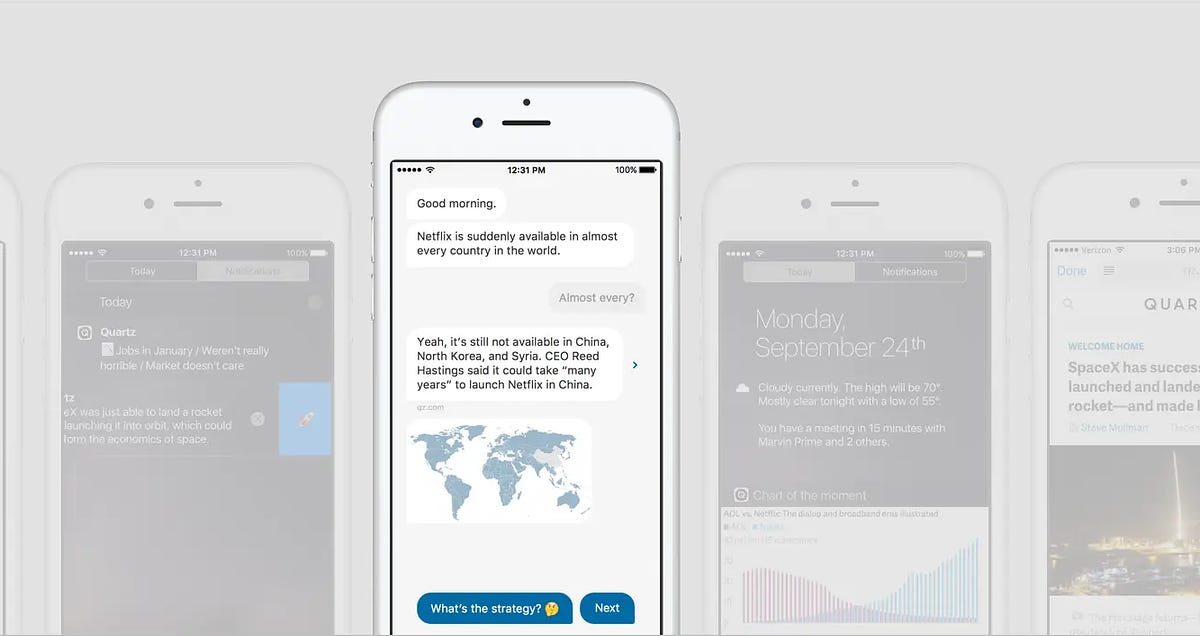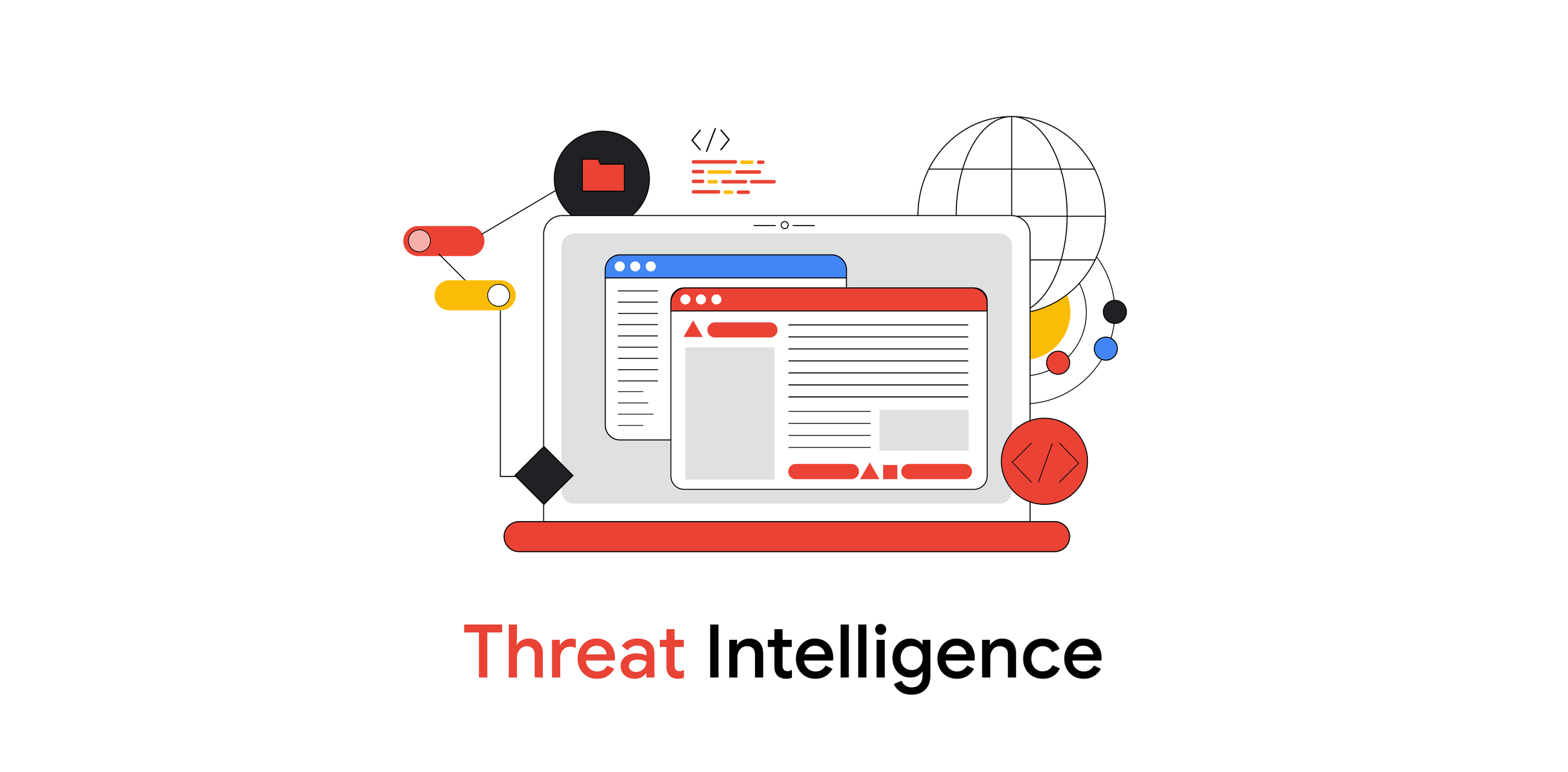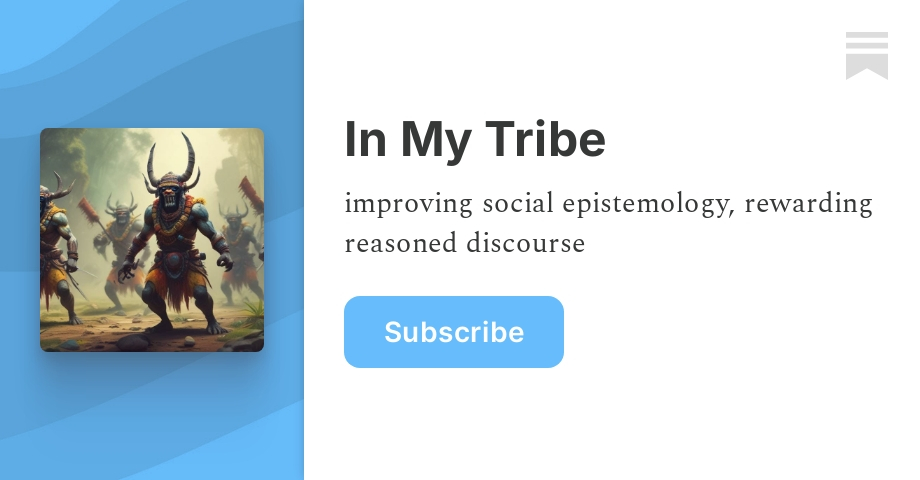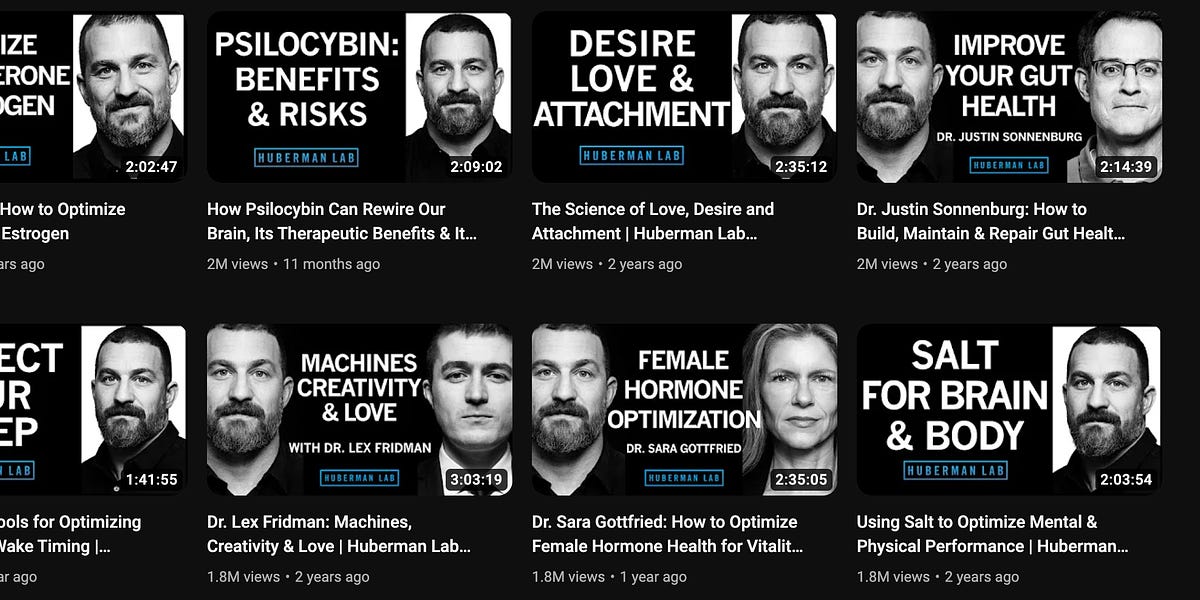
Chatbots Are Primed to Warp Reality
More and more people are learning about the world through chatbots and the software’s kin, whether they mean to or not. Google has rolled out generative AI to users of its search engine on at least four continents, placing AI-written responses above the usual list of links; as many as 1 billion people may encounter this feature by the end of the year. Meta’s AI assistant has been integrated into Facebook, Messenger, WhatsApp, and Instagram, and is sometimes the default option when a user taps the search bar. And Apple is expected to integrate generative AI into Siri, Mail, Notes, and other apps this fall. Less than two years after ChatGPT’s launch, bots are quickly becoming the default filters for the web.
Yet AI chatbots and assistants, no matter how wonderfully they appear to answer even complex queries, are prone to confidently spouting falsehoods—and the problem is likely more pernicious than many people realize. A sizable body of research, alongside conversations I’ve recently had with several experts, suggests that the solicitous, authoritative tone that AI models take—combined with them being legitimately helpful and correct in many cases—could lead people to place too much trust in the technology. That credulity, in turn, could make chatbots a particularly effective tool for anyone seeking to manipulate the public through the subtle spread of misleading or slanted information. No one person, or even government, can tamper with every link displayed by Google or Bing. Engineering a chatbot to present a tweaked version of reality is a different story.
Of course, all kinds of misinformation is already on the internet. But although reasonable people know not to naively trust anything that bubbles up in their social-media feeds, chatbots offer the allure of omniscience. People are using them for sensitive queries: In a recent poll by KFF, a health-policy nonprofit, one in six U.S. adults reported using an AI chatbot to obtain health information and advice at least once a month.



















